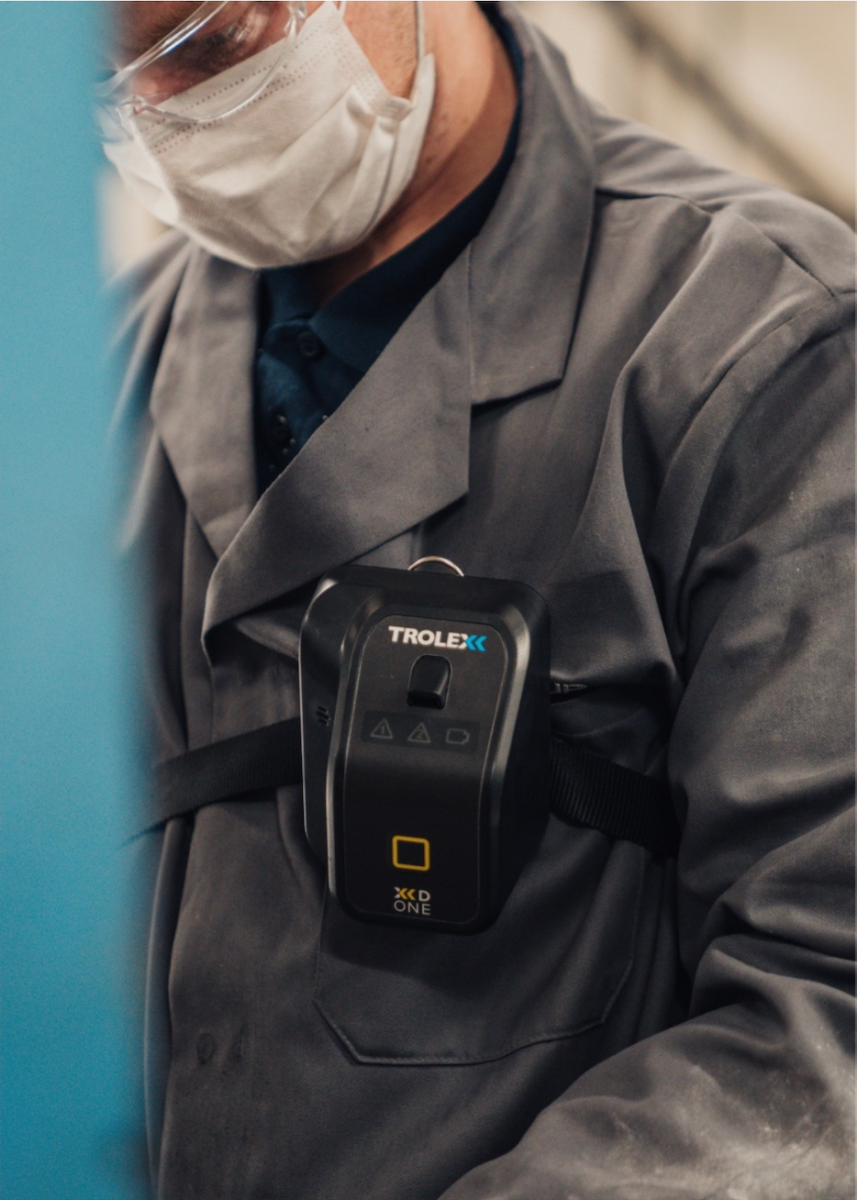
Sedulitas Pilot Pollution Mitigating Approach In West African Business Operations
We are excited to announce our presence in West Africa (WA) through Collins Gameli Hodoli




Complete safety solutions
We offer custom-tailored solutions for your workplace health and safety needs. Our team of experts provide personalised services that are tailored to the specific needs of our customers.
The latest in technology
Our products are sourced from leading industry vendors, so you can be sure that you’re getting the best quality when it comes to training and safety equipment. We keep up with the latest trends and technologies in order to provide our customers with state-of-the-art solutions.
Certified professionals
Our team of certified professionals are highly experienced and knowledgeable when it comes to workplace health and safety. We strive to make sure that all our customers receive the highest quality service that meets their needs.
Cost effective solution.
We know that every company has different budgets, so we offer a variety of cost-effective solutions that will fit your budget without compromising on quality or performance.
Sedulitas provides comprehensive health and safety services that help you protect your employees and customers, reduce environmental impact, and ensure compliance with local regulations.

Workplace and environmental monitoring, audits, radiation protection, data analytics, hazard maps, legal and ISO compliance evaluations, exposure and risk assessments and reports, and recommended solutions.

We provide high quality, specialised environmental and occupational hygiene sampling instrumentation and PPE. Browse our online shop for the full range of our available equipment and consumables.

Whether you are starting your journey towards becoming an Occupational Hygienist, or wanting to enhance your skill set, we can help via our beginners’ and intermediate level Occupational Hygiene Training Association courses – in person and online.

We provide comprehensive training and auditing services to ensure that your team is up-to-date on the latest safety protocols and procedures.

Our hazard maps provide detailed information on potential risks in any environment, allowing you to make informed decisions about safety protocols.

We offer a wide range of environmental services, from radiation protection to environmental risk assessment, to ensure that you are compliant with all relevant regulations.

Our team of experts can help you develop and implement research and development projects, ensuring that they meet the highest standards of safety and quality.

We provide the latest instrumentation and personal protective equipment (PPE) to ensure that you have the right tools for the job.
Sedulitas provides a range of services to address workplace health and safety challenges, including conducting health and safety audits, developing risk management plans, implementing safety systems and procedures, providing training and support for employees, and advising on best practices for workplace health and safety. We also offer specialized consulting services tailored to meet the needs of individual companies. Our goal is to create safe and healthy working environments while helping organizations achieve their business objectives.
Network with global leaders in exposure science to ensure that we always apply the most current scientific methods.
Use state-of-the-art equipment to ensure accurate monitoring and reporting
Offer tailor-made monitoring solutions for clients all across the world
Sedulitas for all your occupational hygiene requirements — located in Potchefstroom. We provide legally mandated survey services including noise surveys, ergonomics surveys, hazardous chemical agent surveys, lighting surveys, and legal compliance surveys under the OHS Act 85 of 1993.
Talk to Sedulitas today to support you in your workplace health journey.
Sedulitas provides specialised environmental and occupational hygiene sampling instrumentation and PPE. Browse our online shop for the full range of our available equipment and consumables.
High Quality Equipment
Our range of instrumentation and consumables are designed with accuracy and precision in mind. We guarantee that all our products provide reliable and highly accurate readings so you can trust the results.
Speedy Delivery
No more waiting around for your orders – we offer fast delivery times so you can get what you need quickly and easily. We understand that in many cases, time is of the essence, so we make sure to dispatch orders as quickly as possible.
Personalised Service
Our team of experts are on hand to provide tailored advice and guidance when it comes to selecting the right products for your needs. We don’t believe in one-size-fits-all solutions, but instead tailor our service to ensure you get the best results for your project.

If you’re looking to become an Occupational Hygienist or are wanting to level-up your current skill set, our Occupational Hygiene Training Association courses will help you get there!
Our courses are led by experienced professionals with years of experience in the field. So you can be sure that you’re getting the best training available.
We offer both in-person and online courses, so no matter where you are or how busy your schedule is, you can find a course that fits your needs.
We make sure that our courses are designed for maximum effectiveness, so that you can be sure to achieve the results you want.

Sedulitas ensures you are legally compliant with Health and Safety Legislation across the globe. We help companies of all sizes understand and mitigate the health and safety risks in their work environment and assist them in their sustainability journey.
We guarantee peace of mind with our comprehensive legal compliance system that covers all aspects of health and safety legislation, from industry to mining and other industries. Our team of professionals helps you navigate the complexities of local regulations with ease, so that you can focus on your business.
We take a holistic approach to compliance, going beyond just delivering legal documents. We provide guidance on how to best manage the risks associated with non-compliance, providing advice tailored to each company's individual needs.
Our team of experts has experience working in every sector imaginable — from manufacturing to retail, hospitality to energy — so we can offer tailored solutions for any industry. With Sedulitas, you have access to a team of experienced professionals who understand your business and its challenges.
The ILO global estimates are that around 2.3 million women and men succumb to work related accidents or diseases every year. This corresponds to over 6000 deaths every single day. Worldwide, there are around 340 million occupational accidents and 160 million victims of work related illnesses annually.

We are excited to announce our presence in West Africa (WA) through Collins Gameli Hodoli

In the modern world it’s easy to recognise when a change needs to be made,

Respiratory Protection Equipment, or RPE, has undergone rapid evolution and mass adoption during the recent